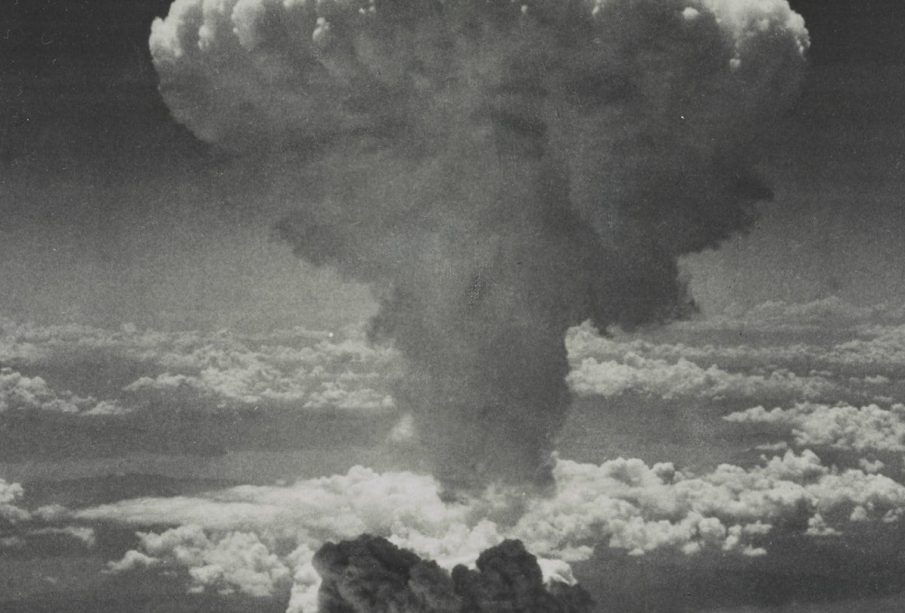The Complex Legacy of J. Robert Oppenheimer

Introduction
J. Robert Oppenheimer, often regarded as the ‘father of the atomic bomb’, played a crucial role in reshaping the course of history during World War II. His work on the Manhattan Project led to the development of nuclear weapons, which have since become central to global geopolitics. The significance of Oppenheimer’s contributions, along with the ethical implications of his research, continue to resonate today, making his life and legacy a relevant subject for reflection and discussion.
Oppenheimer’s Early Life and Education
Born on April 22, 1904, in New York City, Oppenheimer displayed an early aptitude for science and literature. He studied at Harvard University, where he excelled in physics, later pursuing graduate studies in Europe at the University of Göttingen. There, he was influenced by renowned physicists and developed a keen interest in quantum mechanics.
The Manhattan Project
Oppenheimer’s pivotal moment came during World War II when he was appointed as the scientific director of the Manhattan Project. This secretive government project aimed to develop atomic weapons before Nazi Germany could achieve the same goal. Under his leadership, the Los Alamos Laboratory in New Mexico became a hub of scientific innovation, culminating in the first successful test of an atomic bomb on July 16, 1945, known as the Trinity Test.
The Ethical Dilemma
After the bombings of Hiroshima and Nagasaki in August 1945, Oppenheimer faced immense moral scrutiny. He famously remarked, “Now I am become Death, the destroyer of worlds,” reflecting his deep ambivalence about the destructive power he had helped unleash. This ethical dilemma sparked debates about the responsibility of scientists in warfare and the future of nuclear technology that persist to this day.
Legacy and Controversy
Oppenheimer’s legacy is multifaceted; he is remembered not only for his scientific achievements but also for the ethical questions they raise. After the war, he became a prominent advocate for nuclear arms control, warning against the proliferation of nuclear weapons. However, during the Red Scare, he faced political persecution, culminating in a controversial security clearance hearing in 1954 that tarnished his reputation for years.
Conclusion
J. Robert Oppenheimer’s contributions to science have had an indelible impact on modern society. As discussions about nuclear proliferation and ethical scientific practice continue, Oppenheimer’s life provides valuable insights into the complex interplay between scientific discovery and moral responsibility. His story serves as a reminder that with great power comes great ethical responsibility—a lesson that remains ever relevant in today’s world.







